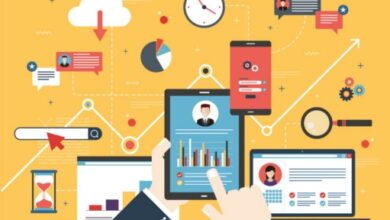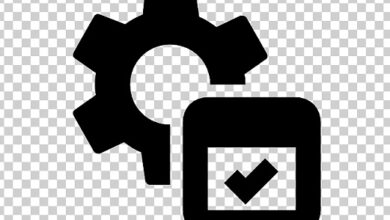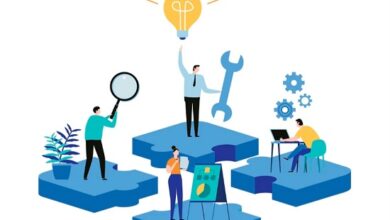Economics/Business
Economics
Economics is the social science that studies how individuals, businesses, governments, and societies allocate scarce resources to satisfy their unlimited wants and needs. It is concerned with the production, distribution, and consumption of goods and services, and the decisions and behaviors of individuals and institutions that shape these processes.
By reading the intensive articles of Englopedia.com you will grasp that it is a broad field that encompasses various branches and subfields, including microeconomics, macroeconomics, international economics, labor economics, behavioral economics, and many others. Microeconomics focuses on the behavior of individuals and firms, while macroeconomics looks at the overall performance of the economy, including issues such as inflation, unemployment, and economic growth. International economics examines the flow of goods, services, and capital across borders, while labor economics focuses on the behavior of workers and employers in the labor market.
Englopedia will make you aware that Economists use a range of tools and techniques, such as mathematical modeling, statistical analysis, and experimental methods, to study and analyze economic phenomena. They aim to understand how markets work, how individuals and institutions make decisions, and how public policies and institutions impact economic outcomes.
Through the leading articles of Englopedia you will realize that Economics has significant implications for individuals, businesses, governments, and societies, as it can inform decisions related to investments, production, taxation, trade, and social welfare policies. It is a crucial field of study for understanding the functioning and dynamics of modern economies and for addressing pressing global issues, such as inequality, climate change, and economic development.
-

What is micromanagement with problems and How to prevent
What is micromanagement? Micromanagement is a management practice that consists of the detailed control of the activities carried out by each employee. Managers…
Read More » -

What is intermittent work how it works and vs freelance work and benefits
Intermittent work Intermittent work is a model of performance in which the professional will only work during certain periods and…
Read More » -

Best marketing skills with15 most valued skills on the market
What is marketing? Here we will explain you about the Best marketing skills with15 most valued skills on the market.…
Read More » -

Best practices of successful companies and importance people management
Best practices of successful companies Here we will elaborate you the Best practices of successful companies and importance people management.…
Read More » -

What is workplace productivity its importance and hinderance and productivity indicators
The concept of productivity at workplace Let us share knowledge about What is workplace productivity its importance and hinderance and…
Read More » -

Good working environment characteristics its Importance and bad environment
What is a work environment? Here we will provide you the information about Good working environment characteristics its Importance and…
Read More » -

Training plans for employees Benefits and objectives and steps to make a training plan
What is a training plan? Here we will share the information about Training plans for employees Benefits and objectives and…
Read More » -

Project management tools list with The 13 most used project management tools
Project management tools Here on this section we will provide you the Project management tools list with The 13 most…
Read More » -

Management tools definition with 10 tools and how they work for company
What are management tools? Let us discuss about Management tools definition with 10 tools and how they work for company.…
Read More » -

Why is change management important its impacts and challenges
What is change management? Change management is the discipline that guides the way in which employees are prepared, equipped and…
Read More »